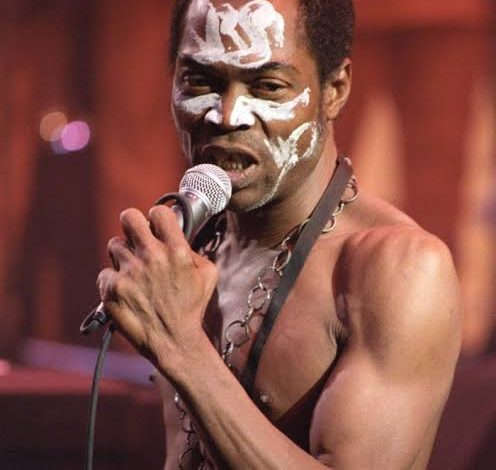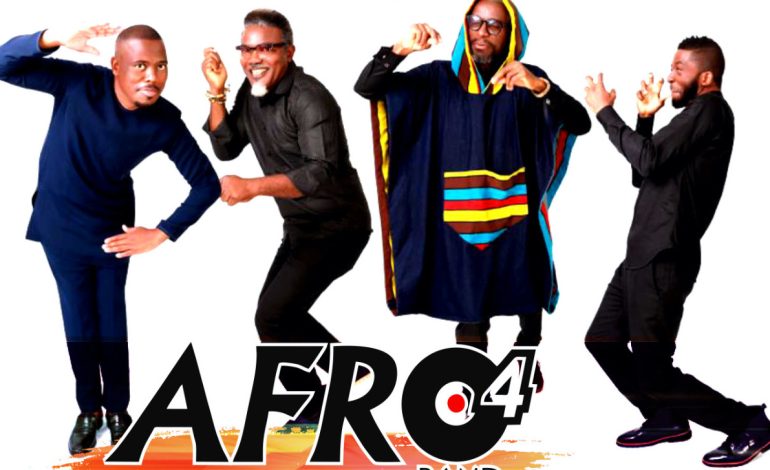Journeys of African jazz

By Peter Fisher
“African jazz is a phoenix, an emblem of resilience and innovation,” writes Gabriel Mahia in Medium. “It survived the choking grip of apartheid; it thrived despite segregation and plunder. It reinvented itself, fusing indigenous elements with international nuances to create something spectacular. Now, that’s an epic narrative, one worth sharing.”
THE statement above in the jazzahead! Trade Fair guide (pg. 44) taken from an article by Gabriel Mahia on the Medium website (“African Jazz: From Township Grooves to Global Stages; Aug 29, 2023”), can be attributed to, and only applies to the evolution of African jazz in South Africa, as is the article itself. Apartheid occurred within the borders of South Africa and nowhere else. Colonization, which occurred across most of the rest of Africa, though similar was not the same thing.
The true origins of African jazz go back to the slaves that were taken from Africa’s shores, and sold in the Americas. They turned to song and dance to alleviate their frustrations and the misery of their existence as slaves. Africans are still, to this day, the only race on earth that uses their pain in this way.
With the slaves brought from Africa, this thing we call jazz, evolved into what we know today as American Jazz, with many of the pioneer masters of the genre being of black (or negro) origin. There were various music genres developed over the years on the African continent (in West Africa, it was hi-life) with different forms happening all over the continent. American Jazz returned ‘home’ with three main characters, Fela Kuti, the father of Afrobeat (not Afrobeats) – Nigeria; Manu Dibango, the creator of the Makossa sound – Cameroon, and Hugh Masekela, the father of South African Jazz, after spending years in the diaspora learning music and embracing jazz. Each returned to their homelands and brought with them a new sound, based on the same jazz rhythms that evolved from the slaves, and blended this with the culture, instruments and music of their homelands, creating three completely different forms of African Jazz. Others from Africa did the same. In Ethiopia, Dr. Mulatu Astatke is credited with being the father of Ethino-Jazz, and there are others.
The journey of African Jazz has been a desperately difficult one for the practitioners who embraced the genre and for whom it became their source of income, with little commitment from the jazz music buying public on the continent, who in the early years invested in the music of Herbie Hancock, Bob James, Grover Washington and the like, and coming into the present generation, ‘Smooth Jazz’ which in essence is not jazz, but ‘Instrumental R&B’.
Then we have the all-embracing music genre called ‘World Music’ which became an umbrella genre for most other types of music created on the planet outside of the established regions and genres created and monetized by the developed world. Under this umbrella, African Jazz has been plodding away almost in obscurity, but evolving all across the continent to the point now where the sound is so varied region-to-region, as it has been fused with the culture instruments and music in all four corners of the continent.
Finally in 2024 at jazzahead!, African Jazz will finally get ‘heard’ clearly and without distortion by the performances of AFRO4 Band (Nigeria), Christine Kamau (Kenya), and Alune Wade (Senegal). I bid you take this opportunity to sample firsthand the emergence of the African Jazz genre. Now is the moment for African Jazz!
Jazz has finally come home!
* Fisher (aka The BassMan) is an executive with PF Music



